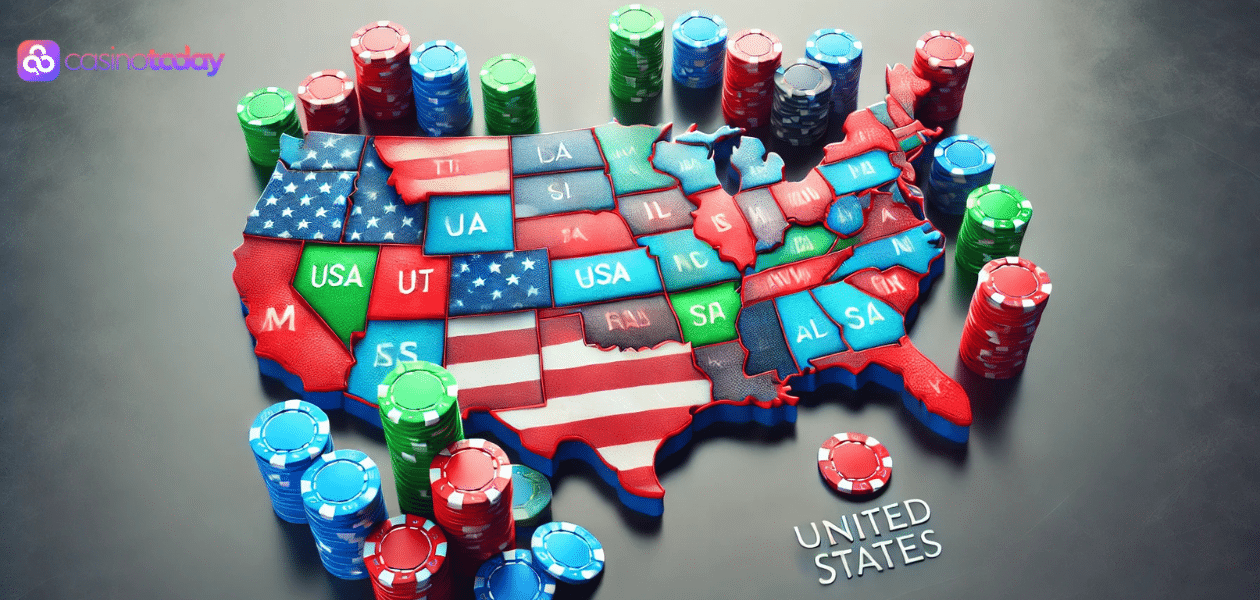Last updated: December 16, 2024

US lawmakers have introduced a model framework to assist states considering the legalization of internet gambling. Developed by the National Council of Legislators from Gaming States, the proposal recommends a 15%-25% tax rate, credit card deposit bans, and consumer protections such as deposit limits.
The US jurisdiction legislators from the jurisdictions where gaming is allowed have developed a model framework to help other states as they debate the legalization of Internet gambling.
National Council of Legislators from Gaming States recommendations: best practices for implementation including a tax rate ranging from 15% to 25% and excluding credit card deposits, a mechanism aimed at helping states have effective legislation.
The proposal borrows much from proven already existing models, especially New Jersey’s regulatory approach, which has been in operation since 2013.
David Rebuck, the former head of the New Jersey Division of Gaming Enforcement, who advised on the project, said the model is consistent with existing systems. He said, “Ninety-five percent of this mirrors what we’re already doing in New Jersey, which is good. It’s a great start that builds on what is already in place and operational elsewhere.”
Currently, seven states in the United States currently offer legal online casino games; these are Connecticut, Delaware, Michigan, New Jersey, Pennsylvania, Rhode Island, and West Virginia; Nevada permits internet poker.
But still, many are only in the discussion stage. Maryland failed to advance online gambling legislation in April, and proposals to legalize online casino gaming in New York, which estimates a tax rate of 31.5%, also reached deadlocks.
The proposed tax range is expected to balance market entry for operators and generate high state revenue. The framework also includes consumer protection measures such as deposit limits of $20,000 within 24 hours and the establishment of state regulatory agencies where they do not already exist.
The national average for online gambling tax rates stands at 19%, while Pennsylvania leads at 36% for sports betting and 54% for online slots.
Proponents, such as West Virginia delegate Shaun Fluharty, argue that it has the potential to help states relieve budgetary burdens with responsible market practices. “The thinking was we didn’t want to form a barrier to entry into the market with a high tax rate that only the biggest companies could afford,” he says.
The financial incentives for legalization are considerable, as states acknowledge the potential sources of revenue. For instance, New Jersey generated more than $414 million in tax revenue from online sports and casino betting in the preceding year, thereby underscoring the economic prospects associated with regulated internet gambling. With this in mind, Rebuck expects higher legislative action in 2025 when more states would opt for internet gambling to overcome fiscal issues.